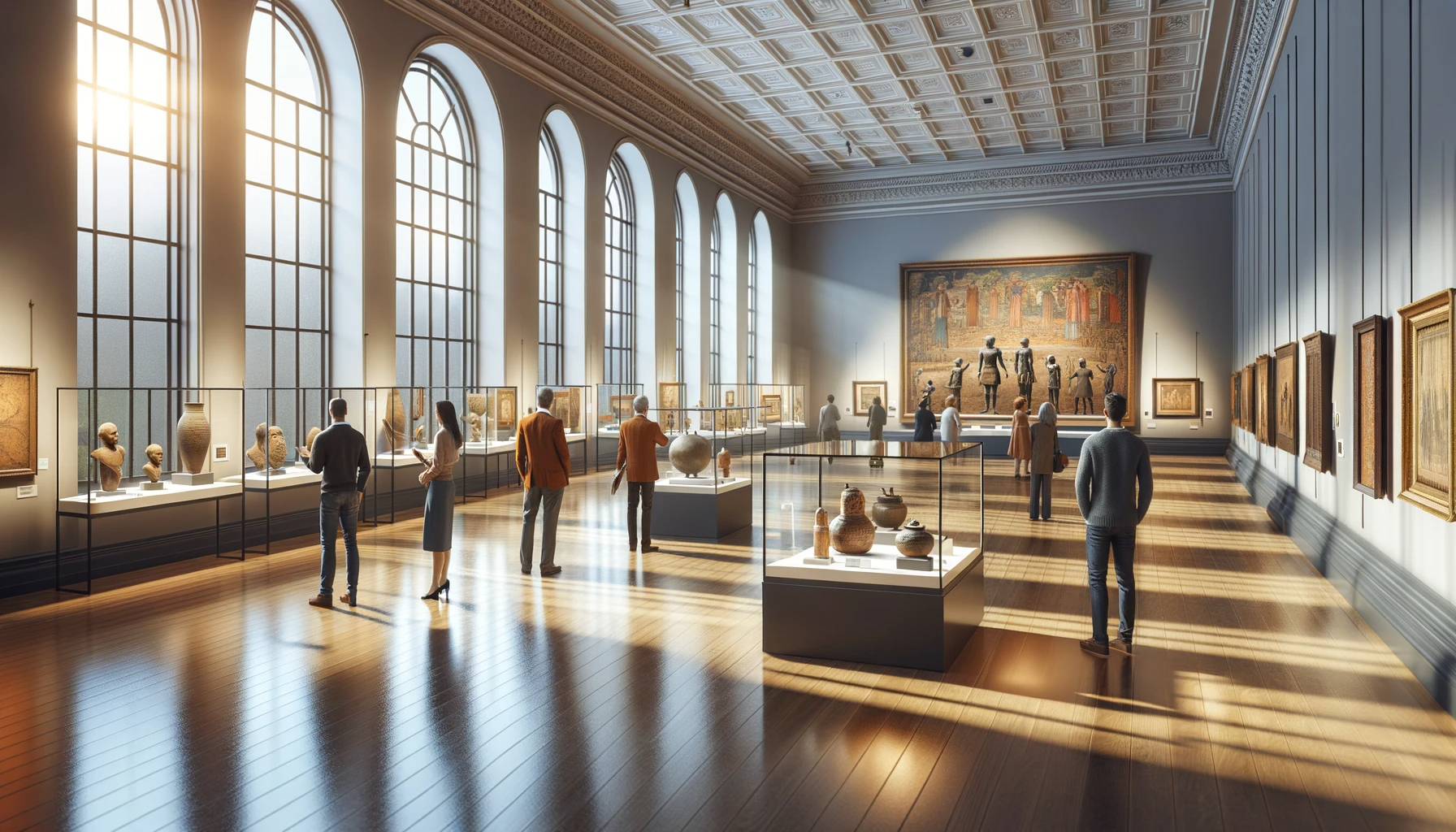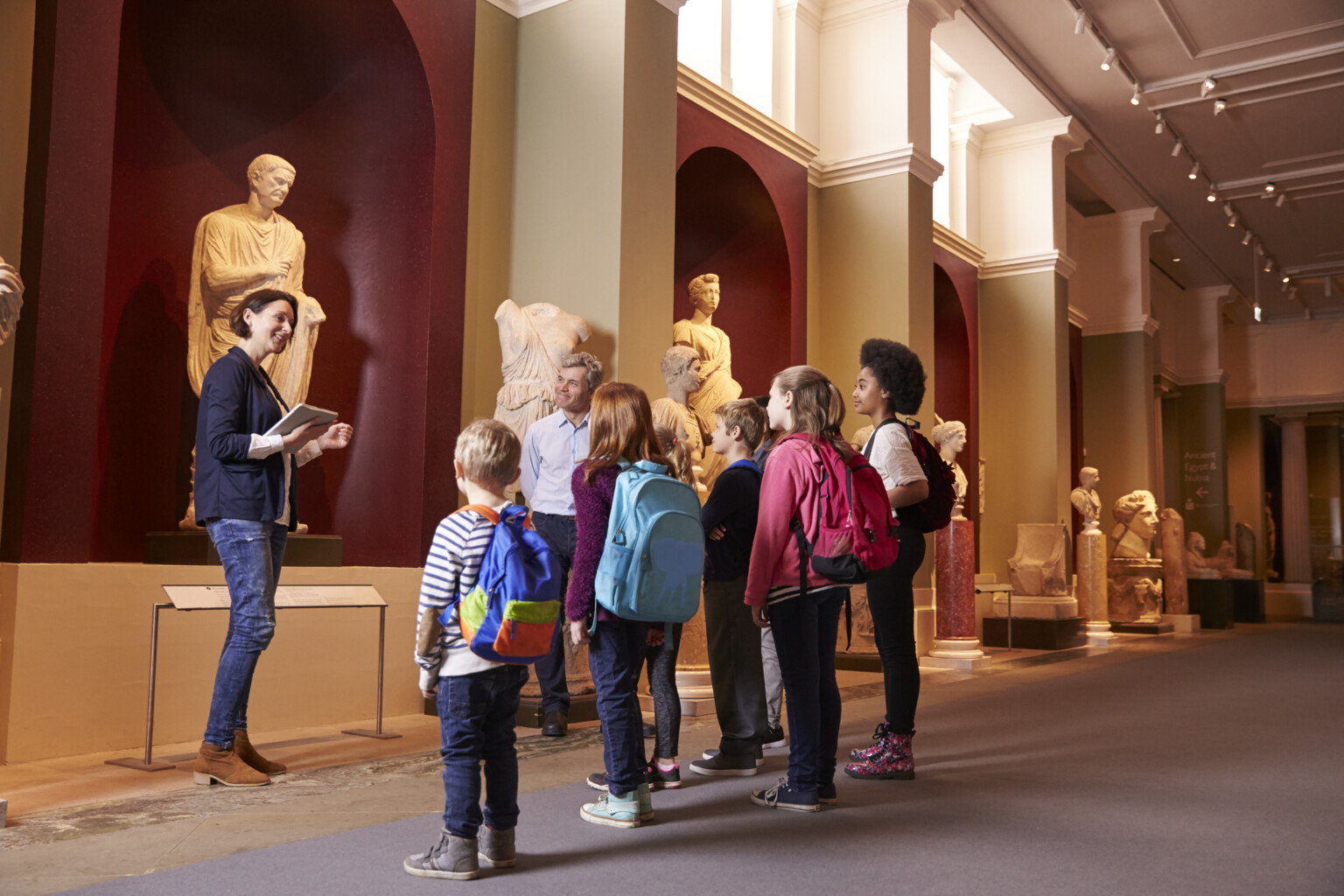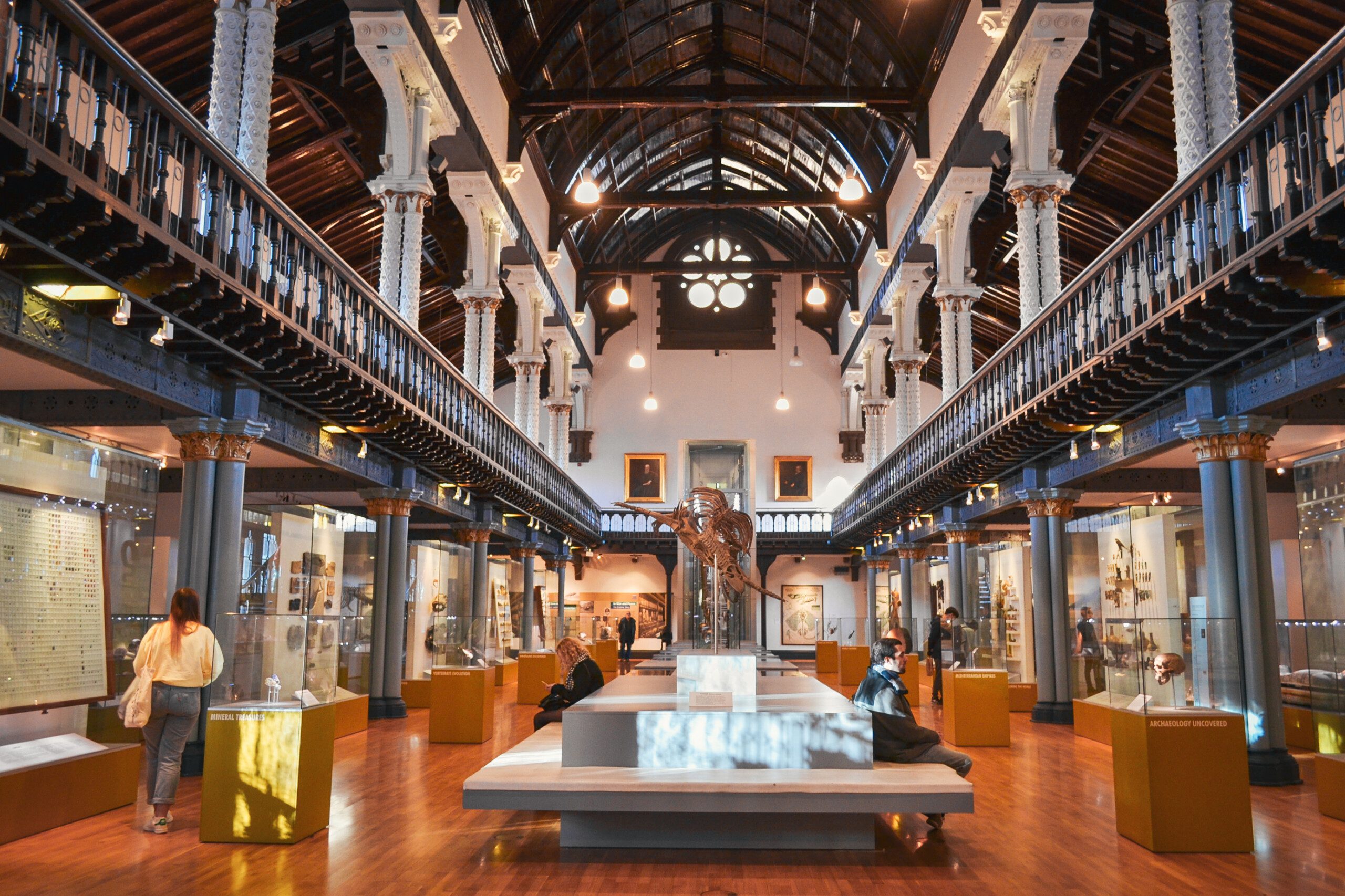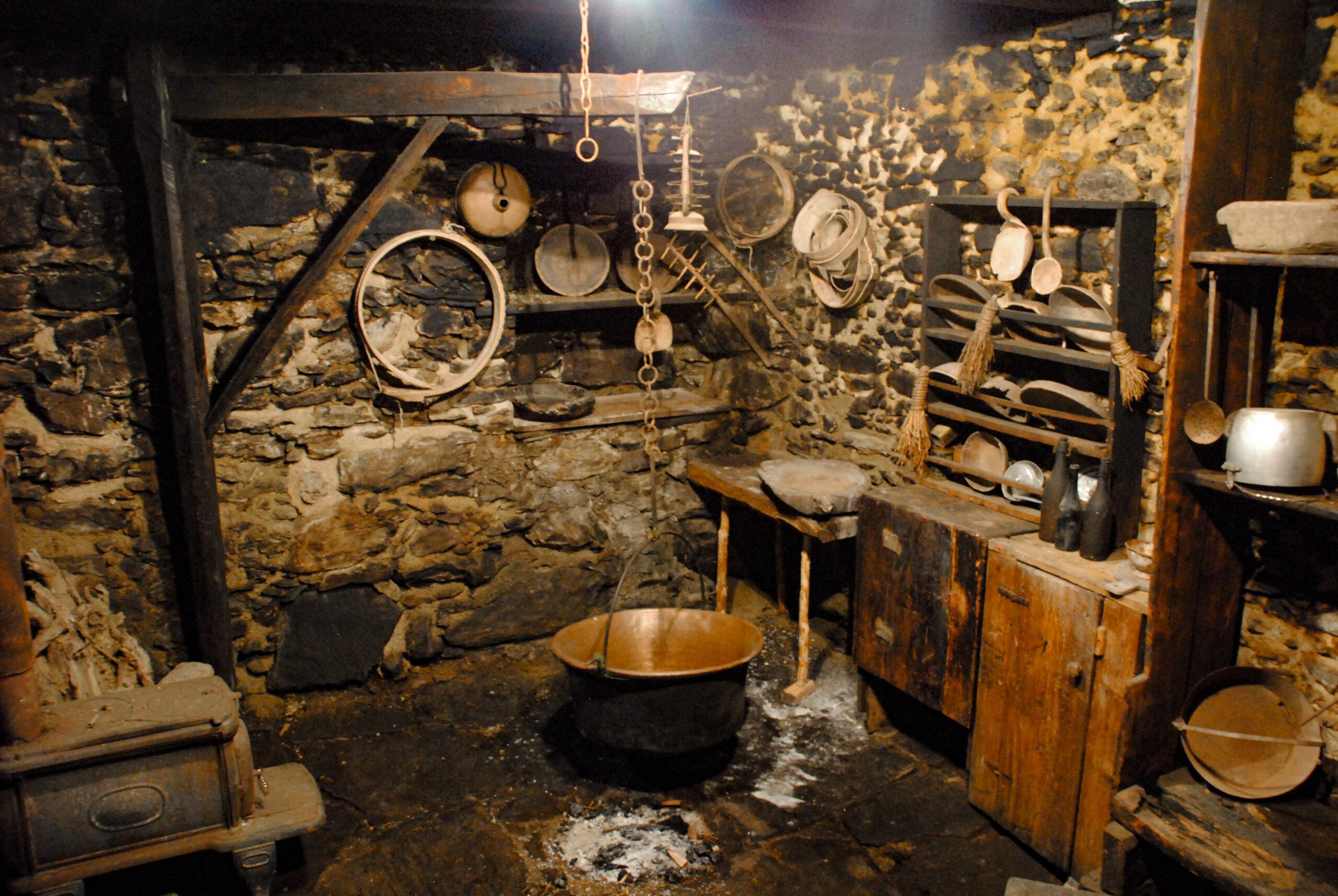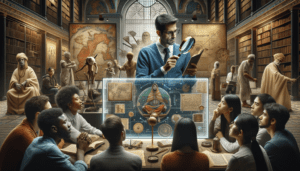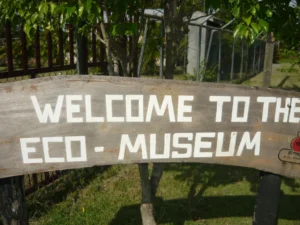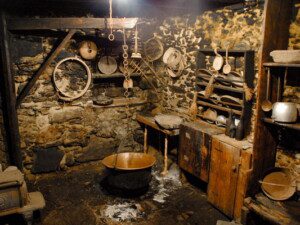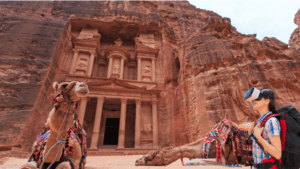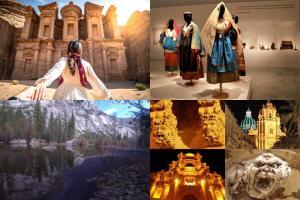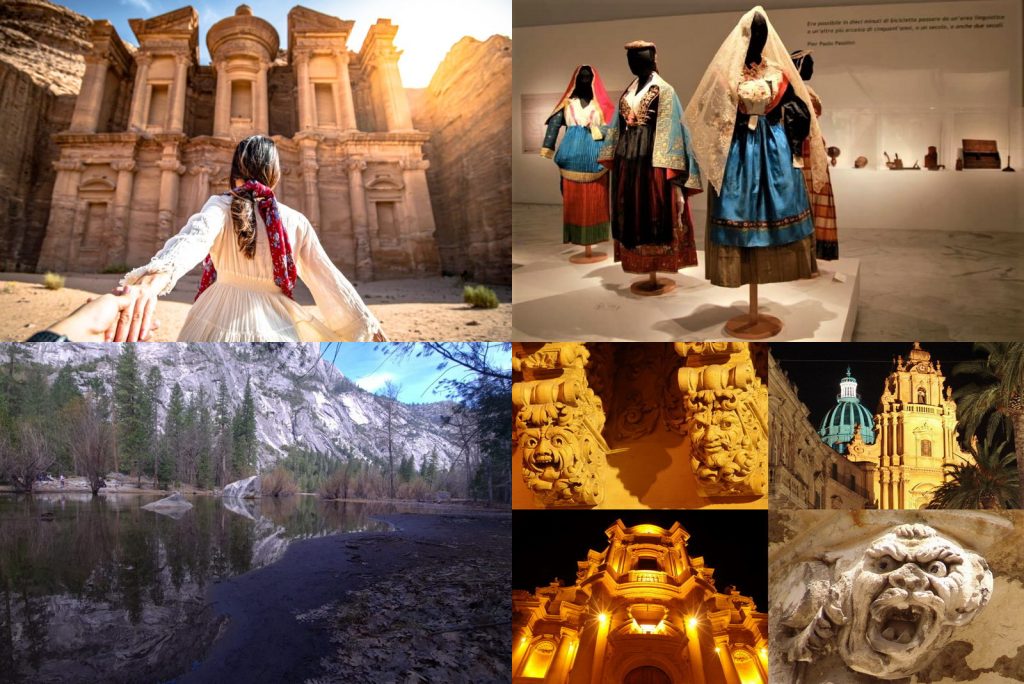Heritage Social Media Manager: Reference scheme

iStock image
Scheme D) Unregulated profession without a defined scheme (provisional scheme)
The reference scheme is based on the 'modelSkills Cycle' and is in line with the 'Tourism, Arts, Heritage Competence Framework (TAH-CF)'. the TAH-CF is defined in accordance with the European Qualifications Framework (EQF), the Recommendation of the European Parliament and of the Council 2009/C 155/02 (ECVET) and the APNR (Non-Regulated Professional Activities) scheme adopted by UNI for the technical standardization of unregulated professions.”
Description
PST2: Heritage Social Media Manager (VI Level EQF)
A Heritage Social Media Manager is a social media expert focused on cultural and historical heritage, working in settings such as museums, historic sites and national parks. This professional blends the typical skills of a social media manager with a solid knowledge and passion for tangible and intangible cultural heritage, with the aim of communicating effectively and creating engagement around cultural and historical heritage, connecting heritage organizations with the public online and promoting awareness and education.
This figure can practice his profession both within public and private bodies as an employee, as an independent consultant or simply as responsible for his own cultural offerings.
Standards of Reference
- European Qualification Framework (EQF)
- Recommendation 2009 / C 155/02 (European Credit System for Vocational Education and Training - ECVET)
- Law 4/2013 relating to non-regulated professions
Specific tasks and activities
Main duties and responsibilities
- Heritage knowledge
- Have a deep understanding of the tangible and intangible cultural heritage and the associated territorial context. This helps ensure that social media communication is accurate and respectful.
- Content Strategy
- Develop a content strategy that enhances and promotes the cultural, historical or natural heritage represented. Create effective storytelling around objects, stories or heritage places.
- Digital Skills
- Knowledge of social media platforms and best practices.
- Knowledge of data storage and protection techniques.
- Knowledge of tools for the creation of multimedia products
- Knowledge of digitization techniques
- Management of Social Media and Web Platforms
- Create, schedule and publish relevant content across various social media platforms and web platforms.
- Technology and Innovation:
- Keep up with the latest technology trends, such as augmented or virtual reality, which can be used to enhance the audience experience.
- Engagement with the public:
- Create and manage engagement campaigns to involve the online community.
- Collaborate with other organizations or influencers to broaden your reach.
- Events and Promotions:
- Promote events, exhibitions or other initiatives related to the heritage entity through social channels.
- Photography/Videography Skills:
- Create or curate visual content that enhances heritage.
- Communication:
- Communicate effectively with various stakeholders, including colleagues, volunteers and the online public.
Profile Evaluation Criteria
To certify the possession of skills, it is proposed to take into consideration methodologies that take into account the following aspects in a non-mutually exclusive manner, i.e. possibly in combination with each other:
- Qualifications awarded in the academic field (Formal Learning)
- Specific Training (Non-Formal Learning)
- Work or Professional Experience (Informal Learning)
Work or professional experience can be demonstrated through various tools including:
- Curriculum Vitae
- Professional portfolio
- Objective placement on the market (awards, regional, national or international recognition)
- Publications (scientific or editorial)
Requirements for access to the professional figure
Since the professional figure is not organized in an order or college, the requirements may vary based on the relevant Professional Association or other criteria established by the individual interested parties. Below are the requirements adopted by AITOC - Italian Association of Tourism Professionals and Cultural Operators.
- Having attended specific training courses for the professional figure in question organized/recognised by Universities, Institutes of Higher Artistic, Musical and Dance Education (AFAM), Regions or professional associations established pursuant to law 4/2013 and recognized by the Ministry of Business and Made in Italy (ex MISE) and at least six months of work, professional or professional experience Art referable to the competence in question
Or
- Having attended a specific training course whose contents and assessment methods comply with this sheet and at least six months of work, professional or Art referable to the competence in question
Or
- Three-year degree and at least two years, even if not continuous, of proven work and professional experience relating to the skill in question
Or
- Secondary school diploma and at least five years, even if not continuous, of proven professional work experience a referable to the competence in question
Or
- At least two years of proven work or professional experience in the capacity of Heritage Social Media Manager and having attended additional training courses to update one's preparation as required by the professional figure in question.
-
Related searches on the Skills Archive Databases (UNDER IMPLEMENTATION)
Featured Heritage Interpretation
Featured training
Basic courses
High Specialization Courses







